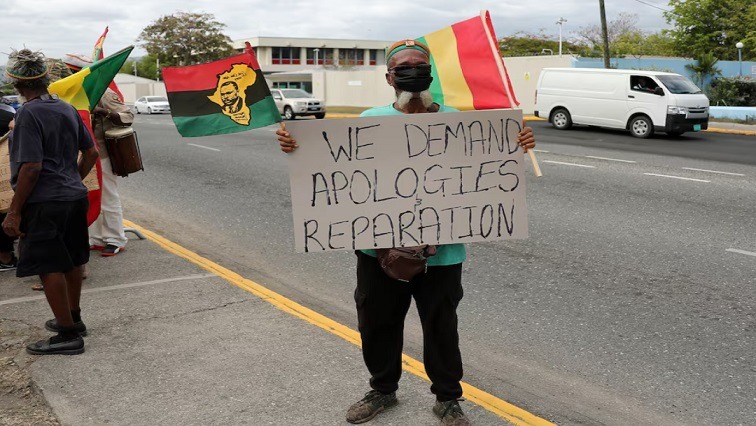Support is building among African and Caribbean nations for the creation of an international tribunal on atrocities dating to the transatlantic trade of enslaved people, with the United States backing a United Nations (UN) panel at the heart of the effort.
A tribunal, modelled on other ad-hoc courts such as the Nuremberg trials of Nazi war criminals after World War Two, was proposed last year.
It has now gained traction within a broader slavery reparations movement, Reuters reporting based on interviews with a dozen people reveals.
Formally recommended in June by the UN Permanent Forum on People of African Descent, the idea of a special tribunal has been explored further at African and Caribbean regional bodies, said Eric Phillips, a vice-chair of the slavery reparations commission for the Caribbean Community, CARICOM, which groups 15 member states.
The scope of any tribunal has not been determined but the UN Forum recommended in a preliminary report that it should address reparations for enslavement, apartheid, genocide, and colonialism.
Advocates, including within CARICOM and the African Union (AU), which groups 55 nations across the continent, are working to build wider backing for the idea among UN members, Phillips said.
A special UN tribunal would help establish legal norms for complex international and historical reparations claims, its supporters say. Opponents of reparations argue, among other things, that contemporary states and institutions should not be held responsible for historical slavery.
Even its supporters recognise that establishing an international tribunal for slavery will not be easy.
There are “huge obstacles,” said Martin Okumu-Masiga, Secretary-General of the Africa Judges and Jurists Forum (AJJF), which is providing reparations-related advice to the AU.
Hurdles include obtaining the cooperation of nations that were involved in the trade of enslaved people and the legal complexities of finding responsible parties and determining remedies.
“These things happened many years ago and historical records and evidence can be challenging to access and even verify,” Okumo-Masiga said.
Unlike the Nuremberg trials, nobody directly involved in transatlantic slavery is alive.
Asked about the idea of a tribunal, a spokesperson for the British Foreign Office acknowledged the country’s role in transatlantic slavery, but said it had no plan to pay reparations. Instead, past wrongs should be tackled by learning lessons from history and tackling “today’s challenges,” the spokesperson said.
However, advocates for reparations say Western countries and institutions that continue to benefit from the wealth slavery generated should be held accountable, particularly given the ongoing legacies of racial discrimination.
A tribunal would help establish an “official record of history,” said Brian Kagoro, a Zimbabwean lawyer who has been advocating for reparations for over two decades.
Racism, impoverishment and economic underdevelopment are linked to the longstanding consequences of transatlantic slavery from the United States to Europe and the African continent, according to UN studies.
“These legacies are alive and well,” said Clive Lewis, a British Labour MP and a descendant of people enslaved in the Caribbean nation of Grenada.
Black people “live in poorer and more polluted areas, they have worse diets, they have worse educational outcomes… because structural racism is embedded deep.”






